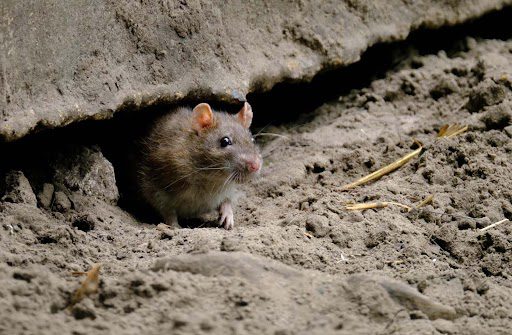Rodents are not a new problem for people with their impact on human populations being noted back to the middle ages. With Anzac day fast approaching I thought it would be pertinent to have a look at how pests impacted our soldiers and how those pest infestations were dealt with. Kyra Patterson, Customer Service Manager
IMPACT ON SOLDIERS
Trench Rats were a daily problem for soldiers fighting in the trenches during World War I. The impact of the rats on the health and psyche of the soldiers affected was long lasting. Due to the massive numbers of corpses lying on the battlefields providing a never ending food source, rats bred out of control. The rats were not satisfied with feeding on dead soldiers and often bit soldiers trying to sleep. They stole food from soldiers hands as they were trying to eat or crawled across their faces as they tried to sleep. The candles the soldiers had as their only source of light in the trenches were also consumed by the rats. Perhaps the hardest thing for many soldiers was witnessing their friends and comrades dead body being feasted upon. The diseases carried by rats also had a huge impact on our soldiers with the already terrible living conditions causing respiratory illness to add to our Anzac’s woes.
WAR TIME SOLUTIONS
The need to find a solution to this problem that didn’t use up ammunition saw a bounty being placed on dead rats. This meant soldiers could bring in a pile of dead rats and get a monetary reward. This simple action made it a sport and a competition amongst soldiers which helped with morale immensely as did the introduction of another solution to the problem… Terrier dogs and cats were imported to thebattlefield. These pets served two purposes, 1. hunting and killing the rats and 2. companionship for soldiers far from home. Chemical solutions were attempted with the use of arsenic trioxide, carbon disulfide and scilitin used. These were abandoned after they were shown to have more effect on the soldiers themselves rather than the rats they were fighting against. After the war the French treated the trenches with asphyxiate gases.

